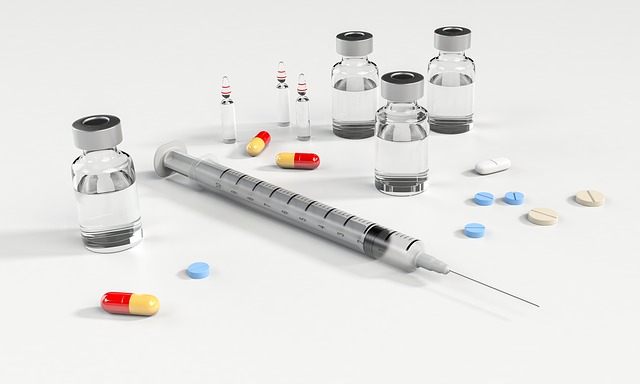 Don’t be shocked but chances are you have herpes. A World Health Organization study found out that 2 out 3 people in the world have oral herpes or cold sores. Meanwhile, more than 1 in 10 people have genital herpes. The huge number of people with herpes confirms that it’s an epidemic on a global scale.
Don’t be shocked but chances are you have herpes. A World Health Organization study found out that 2 out 3 people in the world have oral herpes or cold sores. Meanwhile, more than 1 in 10 people have genital herpes. The huge number of people with herpes confirms that it’s an epidemic on a global scale.
In medical parlance, oral herpes is known as the HSV-1 virus while the genital herpes is called the HSV-2. The reason for its rapid transmittal is due resourcefulness in infecting and evading the body’s immune system. Fortunately, a number of scientists believe that they have found the herpes cure. Recently, medical researchers have developed a vaccine against herpes.
Experts believe that the vaccine could remove this scourge from mankind. Doctors want to test its effectiveness first as human trials will only begin within the next two years. Fortunately, the disease is not that deadly despite its prevalence. Blisters inside the mouth can be painful but it will go away sooner or later. Many of those with genital herpes don’t exhibit symptoms and are even unaware that they have the disease.
While herpes itself is not that deadly, people afflicted with the virus are exposed to many dangerous ones such as HIV. Mothers with herpes can also pass the disease on to their newborn child. These two reasons alone are enough incentives for medical scientists to wipe out herpes from the world. It’s a serious medical challenge even if most people don’t know that they carry the virus.
Scientists have been working on a cure for herpes for several decades now. The virus is hard to defeat because of its ability to hide from the immune system. The HSV could produce proteins that prevent the body’s immune system from detecting and fighting it. The newly developed vaccine is designed to seek out the virus from its hiding place.
The vaccine will help in the production of the antibodies that will defeat the HSV virus. But the vaccine will continue to seek out any herpes molecule that managed to evade the antibodies. Scientists have decided to infect a number of monkeys and guinea pigs with the herpes virus. So far, the animal testing of the vaccine shows promising results.
Both animal groups managed to recover from the herpes virus once the vaccine has been given. One might wonder about the need to carry out the test on two distinct species. But the monkeys closely resemble our human organs while the immune systems of guinea pigs react the same way as humans. Researchers claimed that it’s the most effective yet.
Unfortunately, progress for the vaccine remains painfully slow since no major pharmaceutical is backing up the research team that developed the potential cure. But once a patron foots the bill, human trials could start within a year or two. If proven successful, doctors could start administering it to children or teens.
Those already infected with the disease could enjoy some relief from this new miracle drug. The vaccines could keep the symptoms to a minimum and lower the risk of transmission. But this is only applicable to people with the HSV-2 strain. There are no guarantees it will also work as well with HSV-1 type. The only way to know is to run the human trials.
The vast majority of the world’s population have herpes. Most suffer from the HSV-1 strain, also known as oral herpes or cold sores. More than 10% of the global population have the HSV-2 strain or genital virus. Fortunately, scientists may have discovered a vaccine against the transmittable disease. It’s still pending human trial but researchers are confident of its effectiveness against the herpes strain.
